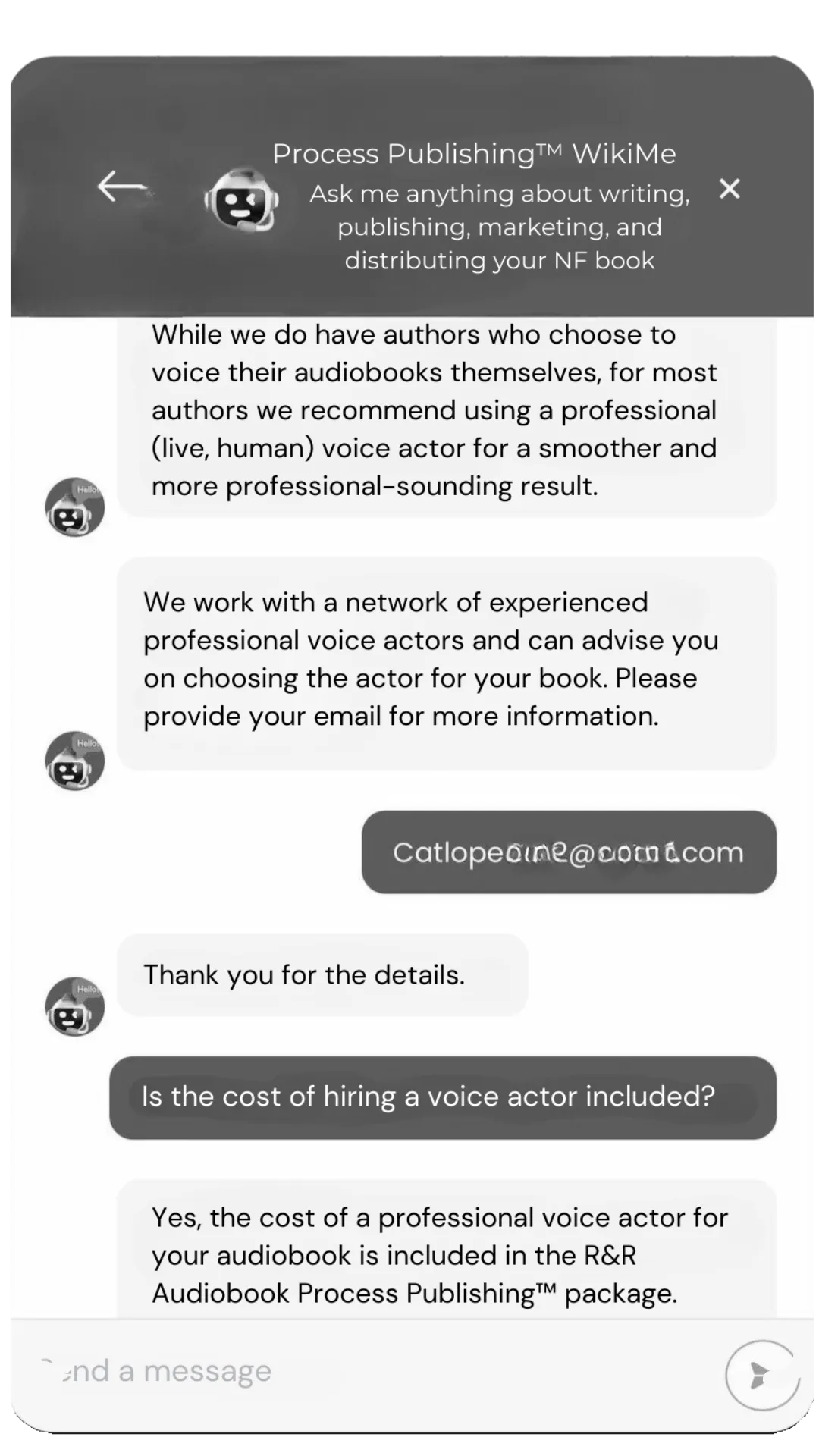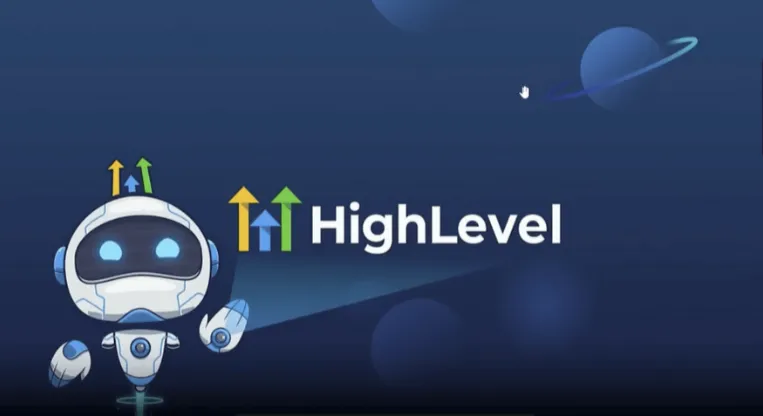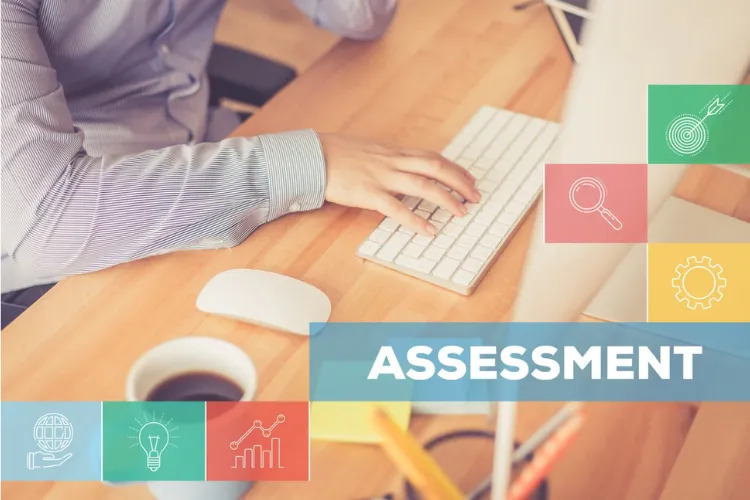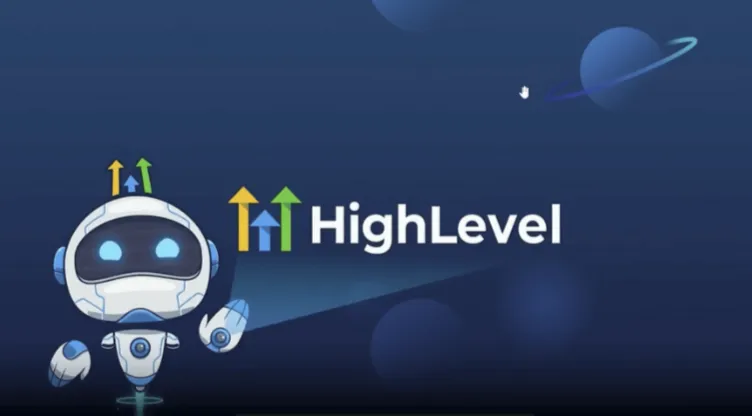Reaching & Rooted Blogs
Is Spreading Your Message Worth A Conversation?

AI Can’t Write Like Humans Can
AI Can’t Write Like Humans Can
Times have changed, and we live in a golden age of automation. Tasks once performed by hand are now handled by artificial intelligence (AI) in seconds. In the world of writing, AI has stepped onto the scene as a helpful tool by proofreading our sentences, generating topic ideas, and even attempting full-length articles. It’s fascinating. It’s convenient. But it’s also worth asking: can it replace us?
There’s a certain beauty in both AI and human writing. One offers speed and structure. The other? Heart and voice. AI makes our lives easier by automating repetitive tasks—grammar checks, formatting, rewording—so we can focus on the things that truly require a human touch: emotion, perspective, lived experience. Still, when you’re knee-deep in a writing project, you may wonder, can human writing be mistaken for AI? Or, what are some AI ethical concerns?
Remember, AI is still evolving, and its role in creative work sparks questions, both practical and ethical, that don’t always have simple answers.
The Age of Automation
AI-generated writing is everywhere: from social media captions, to product descriptions, and even customer emails. It’s no longer futuristic, it’s now. But even in this era of efficiency, human storytelling holds its ground. It’s also not uncommon for authors to have AI writing books. Why? Because it draws from something AI can’t replicate: personal experience.
There’s power in your story. There’s depth in your perspective. A machine can mimic tone or structure, but it can’t feel what you feel. It can’t reflect on your life, your pain, your victories. That’s why human-made content, especially in creative fields, is irreplaceable. It speaks not just to the mind, but to the heart.
AI Ethical Concerns
As more people turn to AI for writing support, it’s important to take a moment and reflect on AI ethical issues. Behind the convenience lies a slew of ethical and moral concerns that writers, educators, and creators are just beginning to unpack.
For starters, accountability is a major issue. If AI produces a flawed or false statement, who is responsible? The programmer? The user? The tool itself? Because AI pulls from countless sources across the internet, there’s no surefire way to tell if its sources are credible or not…its output can be riddled with inaccuracies. But it’s not just about facts. It’s about voice, ownership, and authenticity.
AI may be efficient, but it doesn’t truly understand the content it creates. It doesn’t cite experience. It doesn’t consider the consequences. It simply predicts patterns based on what it’s seen before.
Concerns like algorithmic bias, plagiarism, and credentialing complicate the matter further. Writers who use AI-generated content must be mindful not just of accuracy but also of integrity. These tools are helpful, yes—but they’re not a substitute for genuine self-expression. Thus, it is important to consider the many AI ethical issues before diving into anything.
How is AI Used in Writing?
With that said, let’s take a step back. AI does have a place in writing. Many writers and book publishing companies in Dallas are already using it as a tool to enhance their workflow while not replacing their voice. There are also writers out there who value their AI writing books.
It’s useful for:
Editing and proofreading: Catching grammar slips or spelling errors
Brainstorming: Generating headlines, prompts, or starting sentences
Productivity: Automating repetitive tasks like formatting or scheduling posts
In these areas, AI can act like a digital assistant, offering support, freeing up time, and allowing writers to focus more deeply on their creative process. For anyone facing writer’s block or looming deadlines, AI can be a helpful stepping stone. But it’s just that—a stone. You still have to build the path.
AI Writing vs Human Writing
So what’s the real difference? Can human writing be mistaken for AI? In many cases, yes. However, it’s not just because of the grammar.
Readers are intuitive. There’s a natural rhythm in human storytelling—a fluctuation of tone, a layering of meaning, a spark of surprise or subtle humor. These elements create resonance and breathe life into a written piece. They allow a reader to feel rather than just process.
This doesn’t mean AI has no place in the writing process, but it does mean we need to be mindful of what we’re exchanging when we rely too heavily on it. Because ultimately, what sets human writing apart is the ability to connect—to make someone pause, reflect, smile, cry, or remember. That’s the magic that no algorithm can replicate.
AI-Generated Writing
AI systems aim to sound like a human, but tend to miss the mark. It often struggles with tone consistency, resulting in abrupt or awkward shifts in mood. Sentence flow can feel robotic, with overly short or repetitive phrases that lack rhythm.
To make matters worse, emotional depth can also be a challenge—AI-generated text often lacks nuance or subtlety, making it feel flat or disconnected. And when it comes to context, AI may confuse facts or even fabricate information just to provide an answer. The result of this is text that might sound fine at a glance, but lacks the richness of real experience. For more complex pieces—memoirs, essays, or heartfelt blogs—AI simply doesn’t measure up.
Human Writing
Human writing breathes. It influences. It connects. Man-made writing reflects culture, memory, and emotion. It weaves ideas with metaphor, invites readers in with vulnerability, and paints pictures that resonate.
Unlike AI, humans can draw from memory, from conversation, and from the stories passed down through generations. We switch tones based on our audience. We break grammar rules for effect. We use silence just as much as words. These aspects are what make the human voice unique.
Human writing isn’t perfect—and that’s the point. It’s personal. It's real. That authenticity is what draws people in.
Why Your Voice Matters
So, AI writing vs human writing, how do they measure up? AI can support your writing, but it can’t be your writing. It can’t tap into the things that make your perspective special—your values, your humor, your hurt. Only you can do that.
When you write from the heart, your audience feels it. They don’t just read your words—they remember them. Human writing encourages connection. It reminds people they’re not alone. That’s something no algorithm can do.
At Reaching & Rooted, we believe book publishing companies in Dallas should do their part in helping nurture real stories. Stories that only you can tell. Whether you’re just starting out or deep into a manuscript, your voice matters. And we’re here to help you bring it to life—with coaching, guidance, and publishing services rooted in authenticity.
So yes, use the tools. Let AI assist. But never let it replace you.
Your story deserves to be told. Contact us today and let us help you tell it.
Got Questions?
We're happy to answer them!
Reach out to us through the form or give us a call at the number below.
Copyright 2025. Reaching & Rooted. All Rights Reserved.








